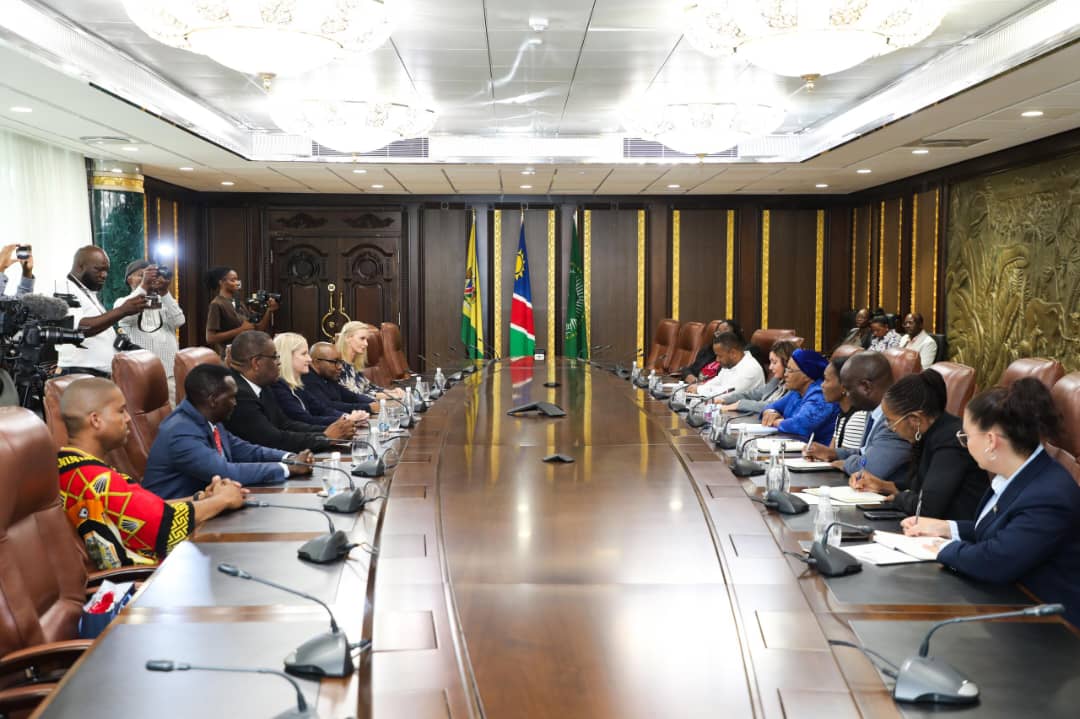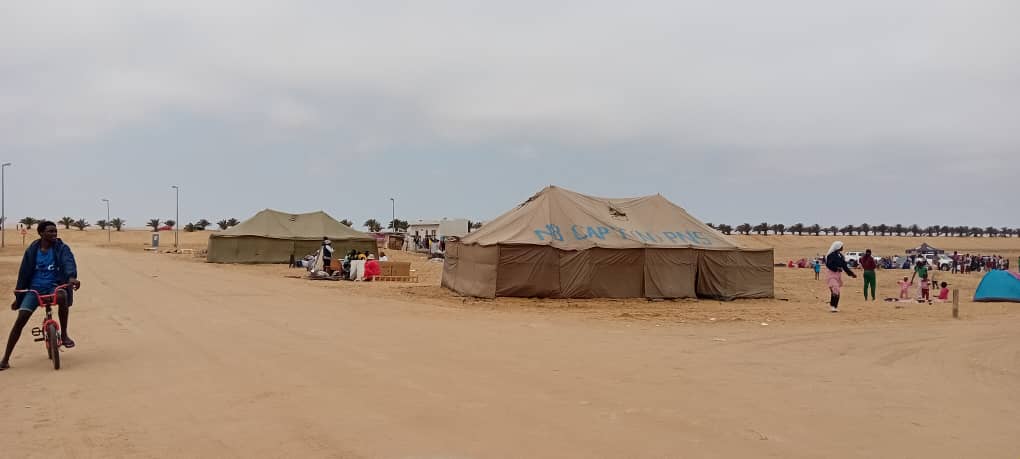ABUJA – Nigeria will, within the next 60 days, withdraw its troops from the Bakassi peninsula, an oil-rich territory in the Gulf of Guinea that is disputed with neighbouring Cameroon, President Olusegun Obasanjo said yesterday.
“Nigeria troops will withdraw within the next 60 days after they had fought gallantly to protect lives and properties of Nigerians on the peninsula … for the past 13 years,” Obasanjo said in a nationwide radio and television broadcast.”If for any extraordinary circumstances, there will be need for extra time for the Nigerian troops’ withdrawal, the UN Secretary General will consider and grant not more than 30 days in totality,” Obasanjo said in the broadcast.Nigeria and Cameroon have disputed ownership of the territory since 1993.In the heat of the crisis, each side stationed troops in its side of the region.The International Court of Justice (ICJ) ceded the disputed territory to Cameroon in October 2002.But disappointed Abuja rejected the ruling and has until now refused to withdraw its troops from the territory.Both Yaounde and Abuja have since then sought administrative and political solutions to the problem, with the active support of the United Nations.Nigeria’s latest decision was triggered by a meeting on Monday in the US between Obasanjo and Cameroonian President Paul Biya.At that meeting the two African leaders, in the presence of UN Secretary General Kofi Annan, signed an accord on the peninsula, which included final troop withdrawals.The meeting was also attended by Donald Duke, governor of Nigeria’s southeastern state of Cross River, where Bakassi is located, and Senator Florence Ita-Giwa, a close presidential aide and native of Bakassi.France and Great Britain attended the meeting as witnesses to the agreement and will be part of the implementation commission, Obasanjo said.Under the accord, the two islands of Atabang and Abana in the western part of Bakassi peninsula will “continue to be administered by Nigeria for two years after the troops withdrawal”, Obasanjo said in his speech.Mobile policemen will be present on the two islands during the period of administration, he said.- Nampa-AFPfor the past 13 years,” Obasanjo said in a nationwide radio and television broadcast.”If for any extraordinary circumstances, there will be need for extra time for the Nigerian troops’ withdrawal, the UN Secretary General will consider and grant not more than 30 days in totality,” Obasanjo said in the broadcast.Nigeria and Cameroon have disputed ownership of the territory since 1993.In the heat of the crisis, each side stationed troops in its side of the region.The International Court of Justice (ICJ) ceded the disputed territory to Cameroon in October 2002.But disappointed Abuja rejected the ruling and has until now refused to withdraw its troops from the territory.Both Yaounde and Abuja have since then sought administrative and political solutions to the problem, with the active support of the United Nations.Nigeria’s latest decision was triggered by a meeting on Monday in the US between Obasanjo and Cameroonian President Paul Biya.At that meeting the two African leaders, in the presence of UN Secretary General Kofi Annan, signed an accord on the peninsula, which included final troop withdrawals.The meeting was also attended by Donald Duke, governor of Nigeria’s southeastern state of Cross River, where Bakassi is located, and Senator Florence Ita-Giwa, a close presidential aide and native of Bakassi.France and Great Britain attended the meeting as witnesses to the agreement and will be part of the implementation commission, Obasanjo said.Under the accord, the two islands of Atabang and Abana in the western part of Bakassi peninsula will “continue to be administered by Nigeria for two years after the troops withdrawal”, Obasanjo said in his speech.Mobile policemen will be present on the two islands during the period of administration, he said.- Nampa-AFP
Stay informed with The Namibian – your source for credible journalism. Get in-depth reporting and opinions for
only N$85 a month. Invest in journalism, invest in democracy –
Subscribe Now!










